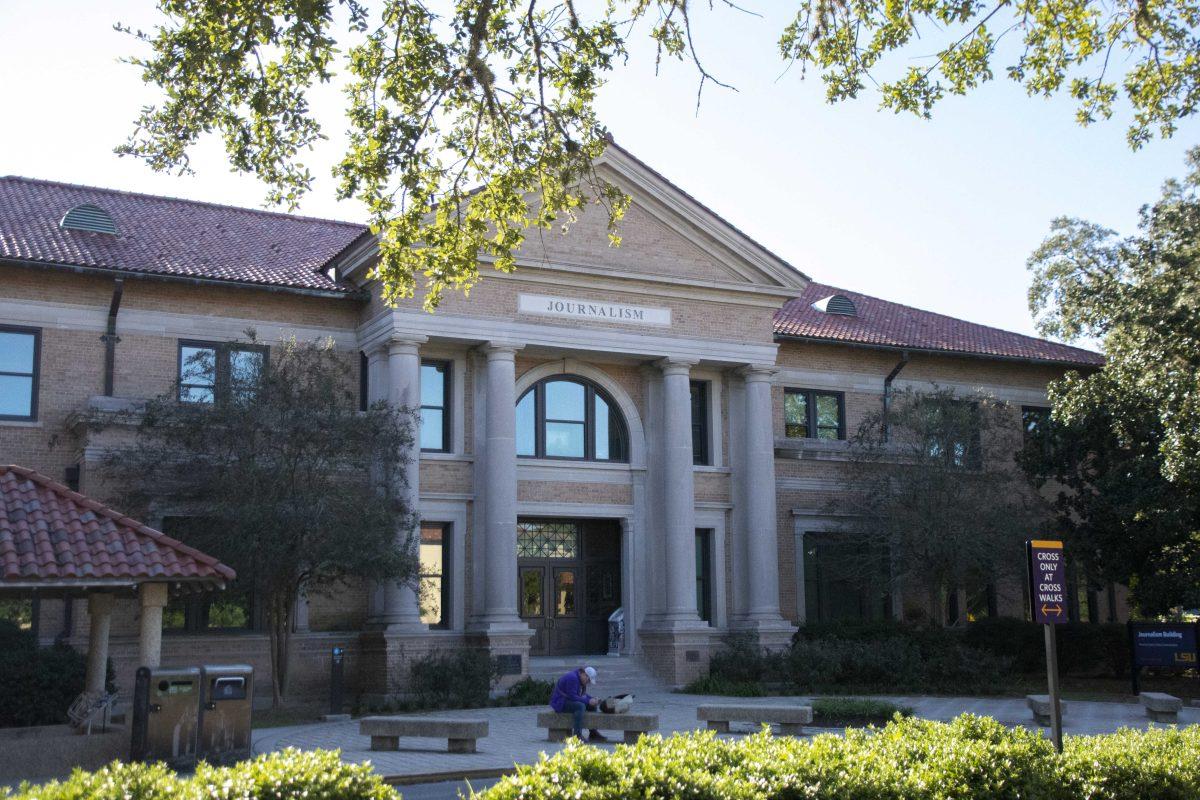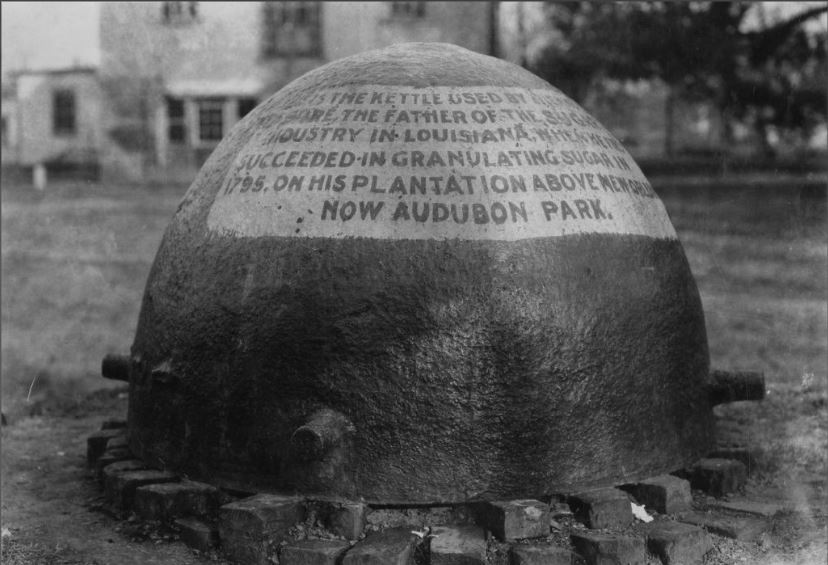A panel of journalism experts, both academic and practicing, addressed the distance between preparation of journalism students for the professional world and the skills employers are seeking from graduates during a panel discussion Wednesday in the Holliday Forum.
The panelists repeatedly reinforced that despite the changes in the world of journalism, writing is still the key skill for anyone wishing to enter it.
“It was surprising to me that each panelist said writing well is the core skill that all communications professionals need, because so often we’re told that we need to become masters of all aspects: audio, video, still photography, etc.,” said Elizabeth Rose, editor in chief of The Vermillion, University of Louisiana at Lafayette’s student newspaper.
The Manship School partnered with the Baton Rouge Area Association of Black Journalists to present “Bridging the Gap: How Media Educators and Professionals Connect to Prepare the Next Generation of Journalists.”
Among the guests in attendance were Dean of the Manship School of Mass Communication Jerry Ceppos, Associate Dean Andrea Miller, Head of the University of Louisiana-Lafayette Department of Communication Michael Maher, assistant professor at Southern University Yolanda Campbell, Executive Editor of The Advocate Carl Redman, Director of News for WBRZ-TV Chuck Bark and Assistant News Director at WAFB Jolene Reilly Green.
Ceppos opened up the conversation with commentary on his own article titled, “How Journalism Professionals and Educators Can Close the Chasm.”
“Professionals don’t read research coming out of schools of mass communication,” Ceppos said. “There is an existing body of knowledge that has tons of useful information that, really, no practitioner reads …There’s a wasted resource there.”
Another aspect of the discussion involved the future of the craft, specifically the shift from traditional to digital reporting and formatting.
“Newspaper isn’t going away. It’s just going to change,” Redman said. “It’s still got some life left in it.”
Redman reaffirmed that the move from print to digital has created financial problems.
“Nobody has figured out how to make digital pay for itself, how to make it more cost-effective,” he said.
One of the final points was the broader issue of the future of journalism as a whole and how students can prepare to join the workforce.
Bark said students seeking employment should display passion and work ethic.
Redman said potential writers for The Advocate should show evidence of previous experience, such as writing samples.
“The only thing we have to sell is credibility,” Redman said.
The overarching theme of the discussion was that the future of journalism is rapidly changing, according to Ceppos.
“The future of journalism is great and has probably never been more exciting,” Ceppos said. “I wish I was a journalism student during this time.”
“The future of journalism is great, and has probably never been more exciting.”









